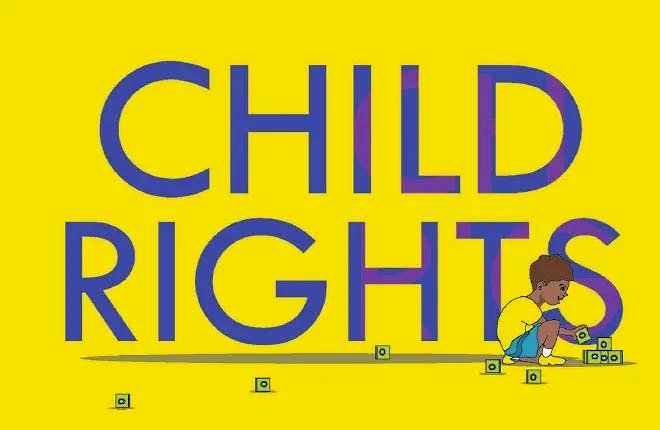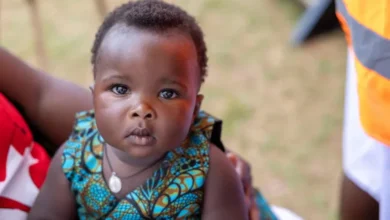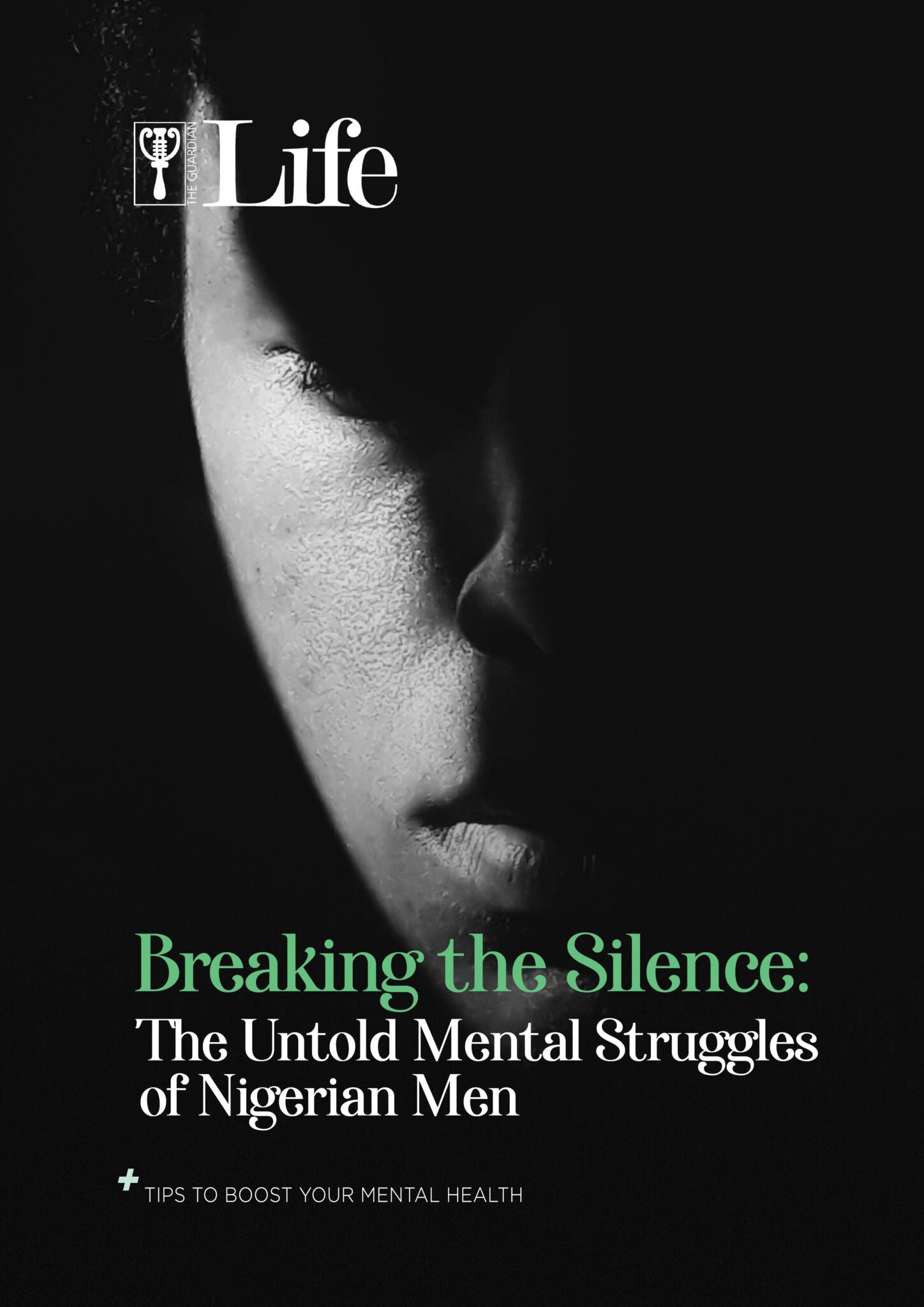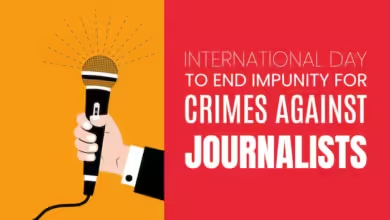Restorative Justice: Protecting the Rights and Dignity of Children

Story:
The tragic story of Adamu, a 12-year-old boy from the Tumu District of Gombe State, whose hands were amputated by a community member as punishment for an alleged phone theft, highlights a harrowing failure in addressing cases of children in conflict with the law and underscores the urgent need to replace punitive measures with restorative, rehabilitative, and reformative justice systems.
Despite the ratification of the Child Rights Act (CRA) in Gombe State in 2022, incidents like the instant case reveal significant gaps in its enforcement and expose a systemic failure to uphold the principles governing the treatment of children in conflict with the law, especially regarding diversion programs that prioritize restoration and rehabilitation over punishment.
Principles Governing Children in Conflict with the Law
1. Non-Punitive Measures and Diversion Programs
The CRA and international standards, such as the United Nations Convention on the Rights of the Child (UNCRC), emphasize diversion programs for children alleged to have committed offenses. These programs aim to prevent formal judicial proceedings and focus instead on reformative and rehabilitative approaches.
- Restorative Justice: Encourages dialogue between the child and affected parties to foster understanding, accountability, and resolution.
- Rehabilitative Measures: Provides access to education, counseling, and skill development to reintegrate children into society positively.
- Reformative Discipline: Ensures the child understands the consequences of their actions without resorting to inhumane treatment.
2. Best Interests of the Child
Every action concerning children must prioritize their best interests, as enshrined in Section 1 of the CRA 2003. Inflicting severe punishment, such as amputation, violates this principle and causes irreparable harm to a child’s physical, emotional, and psychological well-being.
3. Dignity and Respect
Children must be treated with dignity and respect, even when accused of wrongdoing. The Child Rights Law 2003 and child protection laws in Nigeria advocate for non-violent approaches that uphold a child’s inherent rights and worth.
4. Rehabilitation over Retribution
The purpose of juvenile justice systems is to rehabilitate, not to exact vengeance. Punitive measures like those suffered by Adamu contradict this principle, perpetuating cycles of trauma and societal harm.
Recommendations:
- Effective Diversion Mechanisms
Strengthen diversion programs, including mediation, counseling, and community service, to address child misconduct without resorting to punitive measures. - Specialized Juvenile Justice Systems
Establish dedicated family and juvenile courts with trained personnel to ensure children in conflict with the law are handled appropriately. - Accountability for Violators
Ensure those who violate child rights, including through punitive discipline, face justice to deter future occurrences.
Conclusion
Punishment should never be equated with justice, and children in conflict with the law must be treated with dignity and provided opportunities to reform and thrive.
Soure of Image: http://independent.ng





